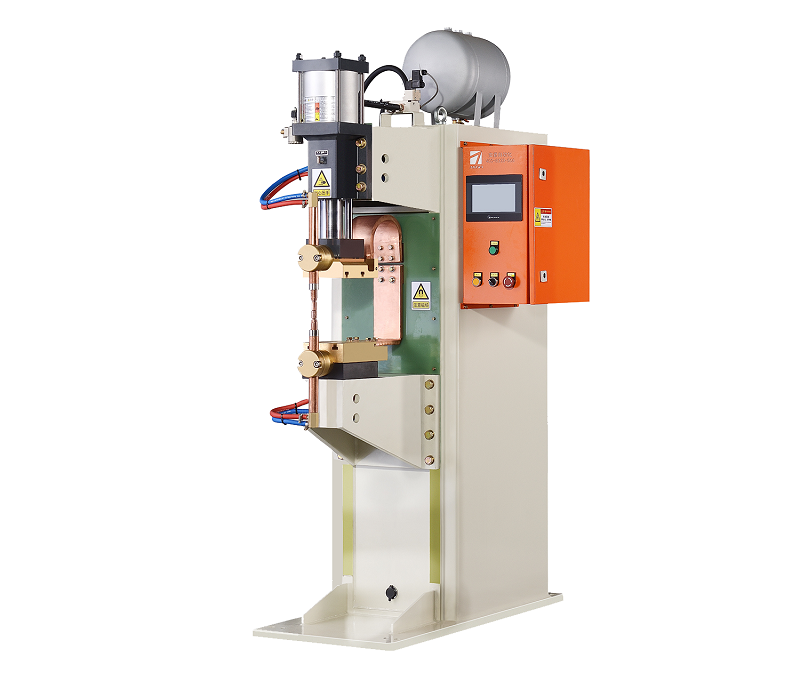Installation of Medium Frequency DC Spot Welding Machine Controller
In the realm of industrial machinery, precision and efficiency are paramount. When it comes to welding, especially in applications that demand spot-on accuracy, the installation of a Medium Frequency DC Spot Welding Machine Controller becomes a critical task. In this article, we’ll walk you through the essential steps to ensure a smooth and effective installation process.

Step 1: Safety First Before we delve into the technical details, always prioritize safety. Ensure that all power sources are disconnected, and the workspace is clear of any potential hazards. Safety gear, including gloves and eye protection, should be worn at all times.
Step 2: Controller Unboxing Begin by unboxing the Medium Frequency DC Spot Welding Machine Controller carefully. Check the contents against the provided inventory list to ensure everything is included and undamaged. Common components include the controller unit, cables, and a user manual.
Step 3: Placement and Mounting Identify a suitable location for the controller unit. It should be close enough to the welding machine for easy cable connection but not in direct proximity to welding sparks or other heat sources. Mount the controller securely using the provided hardware or according to the manufacturer’s instructions.
Step 4: Cable Connection Carefully connect the cables according to the wiring diagram provided in the user manual. Double-check all connections to ensure they are secure and correctly matched. Pay close attention to polarity and grounding to prevent any electrical issues during operation.
Step 5: Power Up Once all the connections are verified, it’s time to power up the Medium Frequency DC Spot Welding Machine Controller. Follow the startup procedure outlined in the user manual. Ensure that the power supply is within the specified voltage range and that all indicator lights and displays function correctly.
Step 6: Calibration and Testing Calibrate the controller as per the manufacturer’s instructions. This step is crucial to ensure that the welding parameters are set accurately. Test the controller by performing a series of spot welds on scrap materials. Monitor the weld quality and adjust settings as needed.
Step 7: User Training Ensure that the operators and maintenance personnel are trained on how to use the Medium Frequency DC Spot Welding Machine Controller effectively and safely. This training should cover basic operation, troubleshooting, and routine maintenance procedures.
Step 8: Documentation Maintain comprehensive documentation, including the user manual, wiring diagrams, calibration records, and any maintenance logs. Proper documentation is essential for future reference and for compliance with safety and quality standards.
Step 9: Regular Maintenance Schedule regular maintenance for the controller and welding machine to ensure their longevity and optimal performance. Follow the manufacturer’s recommended maintenance procedures and keep a record of all maintenance activities.
In conclusion, the installation of a Medium Frequency DC Spot Welding Machine Controller is a critical step in achieving precise and efficient spot welding operations. By following these steps carefully and prioritizing safety, you can ensure that your welding processes run smoothly and consistently, delivering high-quality results in your industrial operations.